Home>Renovation & DIY>Home Renovation Guides>When Is A Permit Required For Home Renovations
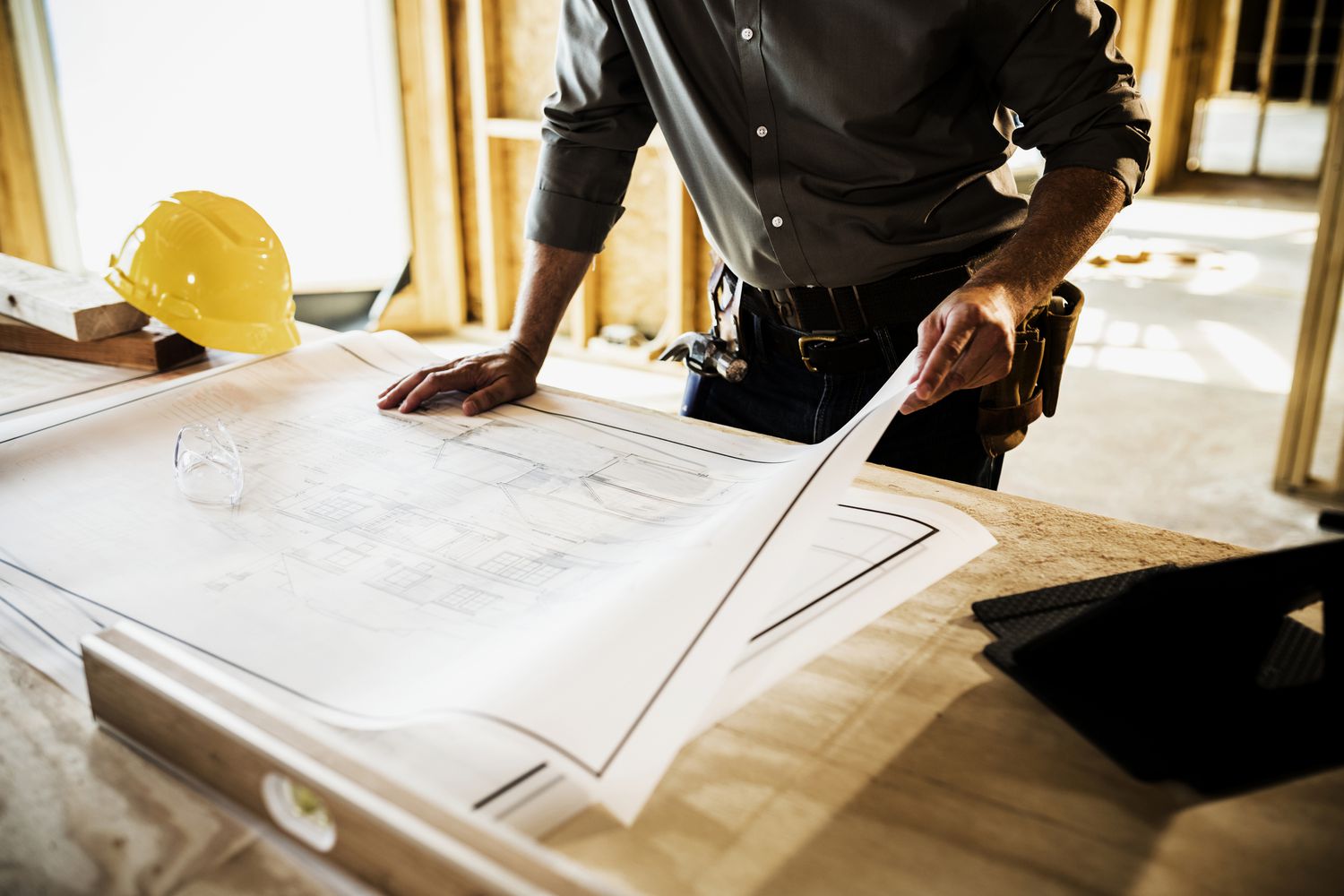

Home Renovation Guides
When Is A Permit Required For Home Renovations
Published: December 21, 2023
Discover when a permit is necessary for your home renovations with our comprehensive guide. Ensure your project meets all legal requirements.
(Many of the links in this article redirect to a specific reviewed product. Your purchase of these products through affiliate links helps to generate commission for Storables.com, at no extra cost. Learn more)
Introduction
Understanding the Importance of Building Permits for Home Renovations
Embarking on a home renovation project is an exciting endeavor that allows homeowners to transform their living spaces to better suit their needs and preferences. Whether it's a kitchen remodel, a bathroom upgrade, or a room addition, renovating a home can significantly enhance its functionality, aesthetic appeal, and overall value. However, amidst the enthusiasm of envisioning the end result, it's crucial to navigate the intricate realm of building permits.
Building permits are official approvals issued by local government authorities that grant permission to commence construction or renovation projects. While the prospect of obtaining permits may seem daunting or unnecessary to some, understanding their significance is paramount to the success and legality of any home improvement undertaking.
Throughout this comprehensive guide, we will delve into the nuances of building permits, elucidate the circumstances under which they are required, and shed light on the potential repercussions of neglecting this crucial aspect of home renovation. By the end of this exploration, you will be equipped with the knowledge and insight necessary to navigate the permit process confidently and ensure the seamless execution of your home renovation project.
Key Takeaways:
- Don’t Skip the Permit!
Before starting any home renovation project, make sure to get the necessary building permits. It’s not just about rules; it’s about safety, quality, and protecting your property’s value. - Permits Protect You
Building permits aren’t just red tape—they keep you safe, help you avoid fines, and make sure your home improvements are top-notch. Don’t risk it; get the permit!
Understanding Building Permits
Building permits serve as official consent from local government authorities to commence construction, renovation, or remodeling projects. These permits are a fundamental component of ensuring that home renovations adhere to safety standards, zoning regulations, and building codes. By obtaining a permit, homeowners not only demonstrate their compliance with legal requirements but also prioritize the well-being of their household and the broader community.
When applying for a building permit, homeowners are essentially seeking approval for the proposed changes to their property. This process involves submitting detailed plans and specifications to the relevant authorities, allowing them to assess the project’s compliance with structural, electrical, plumbing, and mechanical codes. By scrutinizing these plans, officials can ensure that the renovations are executed in a manner that upholds safety standards and mitigates potential hazards.
Moreover, building permits facilitate oversight and inspection throughout the renovation process. Once the permit is granted, inspectors will visit the site at various stages of the project to verify that the work aligns with the approved plans and complies with building codes. This oversight not only safeguards the structural integrity of the property but also ensures that the renovations meet the necessary safety and quality standards.
It is essential to recognize that building permits are not intended to be impediments to home improvement projects. Rather, they are designed to safeguard homeowners, occupants, and the community at large by ensuring that renovations are carried out in a manner that prioritizes safety and adherence to regulations. By comprehending the pivotal role of building permits, homeowners can approach their renovation endeavors with a heightened sense of responsibility and awareness of the legal and structural considerations involved.
When a Permit is Required
Understanding the circumstances that necessitate a building permit is crucial for homeowners planning renovation projects. While the specific requirements may vary based on location and the nature of the renovations, several common scenarios typically warrant obtaining a permit.
Structural modifications: Any alterations that impact the structural integrity of a building, such as removing or adding walls, changing the roofline, or modifying load-bearing elements, typically require a building permit. These modifications are pivotal to the property’s stability and safety, making official approval essential.
Plumbing and electrical work: Projects involving alterations or additions to plumbing and electrical systems, including installing new fixtures, rewiring, or modifying piping, generally mandate permits. This oversight ensures that these critical systems meet safety standards and adhere to building codes.
Changes to the building’s footprint: Expanding the footprint of a home, whether through additions or significant exterior modifications, typically necessitates a permit. This includes building new structures, such as decks, patios, or garages, as well as altering the exterior facade of the property.
Alterations affecting egress and safety: Any modifications that impact the ingress and egress points, such as enlarging or relocating windows and doors, often require permits. These changes are vital for ensuring that occupants can safely enter and exit the property in compliance with safety standards.
Heating, ventilation, and air conditioning (HVAC) installations: Installing or modifying HVAC systems, including furnaces, air conditioning units, and ductwork, typically falls under permit requirements. This oversight is crucial for verifying that these systems are installed safely and in accordance with relevant regulations.
It’s important to note that these examples are not exhaustive, and the specific permit requirements may vary based on local regulations and the intricacies of each renovation project. Consulting with local building authorities or a qualified professional can provide homeowners with clarity regarding their specific permit obligations, ensuring that their renovations proceed in full compliance with legal and safety standards.
Common Home Renovation Projects Requiring Permits
Home renovation projects encompass a diverse array of improvements aimed at enhancing functionality, aesthetics, and overall livability. While not all renovations require building permits, several common projects typically mandate official approval to ensure compliance with safety and building codes.
Read more: What Home Improvements Require A Permit?
1. Structural Changes
Modifications that impact a building’s structural integrity, such as adding or removing walls, altering roof structures, or modifying load-bearing elements, often necessitate building permits. These changes are pivotal to the property’s stability and safety, warranting official oversight and approval.
2. Room Additions
Expanding the footprint of a home through room additions, including constructing new bedrooms, bathrooms, or living spaces, typically requires building permits. These projects involve considerations related to structural integrity, zoning regulations, and adherence to local building codes.
3. Electrical Upgrades
Projects involving electrical system upgrades, such as rewiring, installing new circuits, or upgrading the electrical panel, generally require permits. Ensuring that these enhancements comply with safety standards and electrical codes is essential for the well-being of the property and its occupants.
4. Plumbing Alterations
Modifying plumbing systems, whether for bathroom renovations, kitchen remodels, or other plumbing-related upgrades, often falls under permit requirements. This oversight ensures that the plumbing work aligns with relevant regulations and safeguards the property against potential hazards.
Read more: Why Are Permits For Alarm Systems Required?
5. Major Renovations
Comprehensive renovations that encompass multiple aspects of a property, such as extensive interior remodeling, significant exterior modifications, or structural enhancements, typically necessitate building permits. These projects involve multifaceted considerations related to safety, structural integrity, and zoning compliance.
6. HVAC Installations
Installing or replacing heating, ventilation, and air conditioning (HVAC) systems, including furnaces, air conditioning units, or ductwork, generally requires permits. This oversight is crucial for ensuring that these systems are installed safely and in accordance with relevant regulations.
While these examples highlight common renovation projects that often require permits, it’s important for homeowners to consult with local building authorities or professionals to determine the specific permit obligations associated with their renovation endeavors. By proactively addressing permit requirements, homeowners can navigate their renovation projects with confidence, knowing that they are adhering to legal and safety standards.
Consequences of Not Obtaining a Permit
Overlooking the necessity of obtaining building permits for home renovation projects can lead to a myriad of potential consequences that may significantly impact homeowners in the long run. Understanding these repercussions is crucial for fostering a comprehensive awareness of the importance of adhering to permit requirements.
1. Legal and Financial Ramifications
Proceeding with renovations without the requisite permits can result in legal and financial repercussions. In many jurisdictions, building without permits is a violation of local building codes and regulations, potentially subjecting homeowners to fines, penalties, or mandated corrective actions. Moreover, non-permitted work can impede the resale of the property, as it may be flagged during inspections or appraisals, leading to delays and complications in the sales process.
2. Compromised Safety and Quality
Building permits are instrumental in upholding safety standards and ensuring the quality of renovations. Without the oversight provided by the permit process, there is an increased risk of substandard workmanship, inadequate structural integrity, and non-compliance with essential safety regulations. This compromises the safety and well-being of the property’s occupants and may lead to costly remediation efforts in the future.
3. Insurance Implications
Non-permitted renovations can have implications for homeowners’ insurance coverage. In the event of property damage or liability claims related to unpermitted work, insurance providers may deny coverage, leaving homeowners financially vulnerable. Additionally, non-compliant renovations can affect the property’s valuation and insurability, impacting homeowners’ ability to secure favorable insurance terms.
4. Resale and Property Valuation Challenges
Unpermitted renovations can pose challenges when homeowners attempt to sell their properties. Prospective buyers, real estate agents, and appraisers may uncover unpermitted work during due diligence, leading to concerns about the property’s compliance with building codes and regulations. This can hinder the sale process and potentially diminish the property’s market value.
5. Compliance and Disclosure Obligations
In many real estate transactions, homeowners are obligated to disclose any unpermitted work carried out on their properties. Failing to disclose such information can lead to legal liabilities and disputes with buyers, potentially resulting in protracted legal proceedings and financial ramifications.
By comprehending the potential consequences of neglecting building permits, homeowners can make informed decisions and prioritize compliance with permit requirements. Seeking the necessary permits and adhering to regulatory standards not only fosters a safer and more resilient living environment but also mitigates the risks of legal, financial, and insurance-related challenges in the future.
Conclusion
Embarking on a home renovation journey is a significant endeavor that holds the promise of transforming living spaces and enhancing the overall quality of life. Throughout this guide, we have delved into the pivotal role of building permits in the context of home renovations, shedding light on their significance and the potential ramifications of overlooking their requirements.
Understanding the importance of building permits goes beyond mere regulatory compliance; it encompasses a commitment to safety, quality, and legal adherence. By obtaining the necessary permits for renovation projects, homeowners not only demonstrate their respect for building codes and regulations but also prioritize the well-being and longevity of their properties.
From structural modifications to electrical upgrades, plumbing alterations, and comprehensive renovations, the spectrum of home improvement projects that necessitate building permits is diverse and far-reaching. By proactively addressing permit requirements and seeking official approval, homeowners can navigate their renovation endeavors with confidence, knowing that they are upholding safety standards and legal obligations.
Moreover, recognizing the potential consequences of neglecting building permits underscores the imperative of compliance. Legal and financial ramifications, compromised safety and quality, insurance implications, and challenges in resale and property valuation all underscore the far-reaching impact of non-compliant renovations. By prioritizing permit requirements, homeowners can avert these potential pitfalls and safeguard their investments and well-being.
In essence, the pursuit of building permits for home renovations is a testament to homeowners’ commitment to responsible and conscientious property management. By embracing the permit process as a means of ensuring safety, quality, and compliance, homeowners can embark on their renovation journeys with the assurance that their endeavors are rooted in legality, prudence, and a steadfast dedication to creating spaces that are not only aesthetically pleasing but also structurally sound and safe.
As you embark on your home renovation endeavors, may this guide serve as a beacon of insight, empowering you to navigate the permit process with clarity and confidence, and ultimately, to realize the full potential of your vision for a transformed and harmonious living space.
Frequently Asked Questions about When Is A Permit Required For Home Renovations
Was this page helpful?
At Storables.com, we guarantee accurate and reliable information. Our content, validated by Expert Board Contributors, is crafted following stringent Editorial Policies. We're committed to providing you with well-researched, expert-backed insights for all your informational needs.
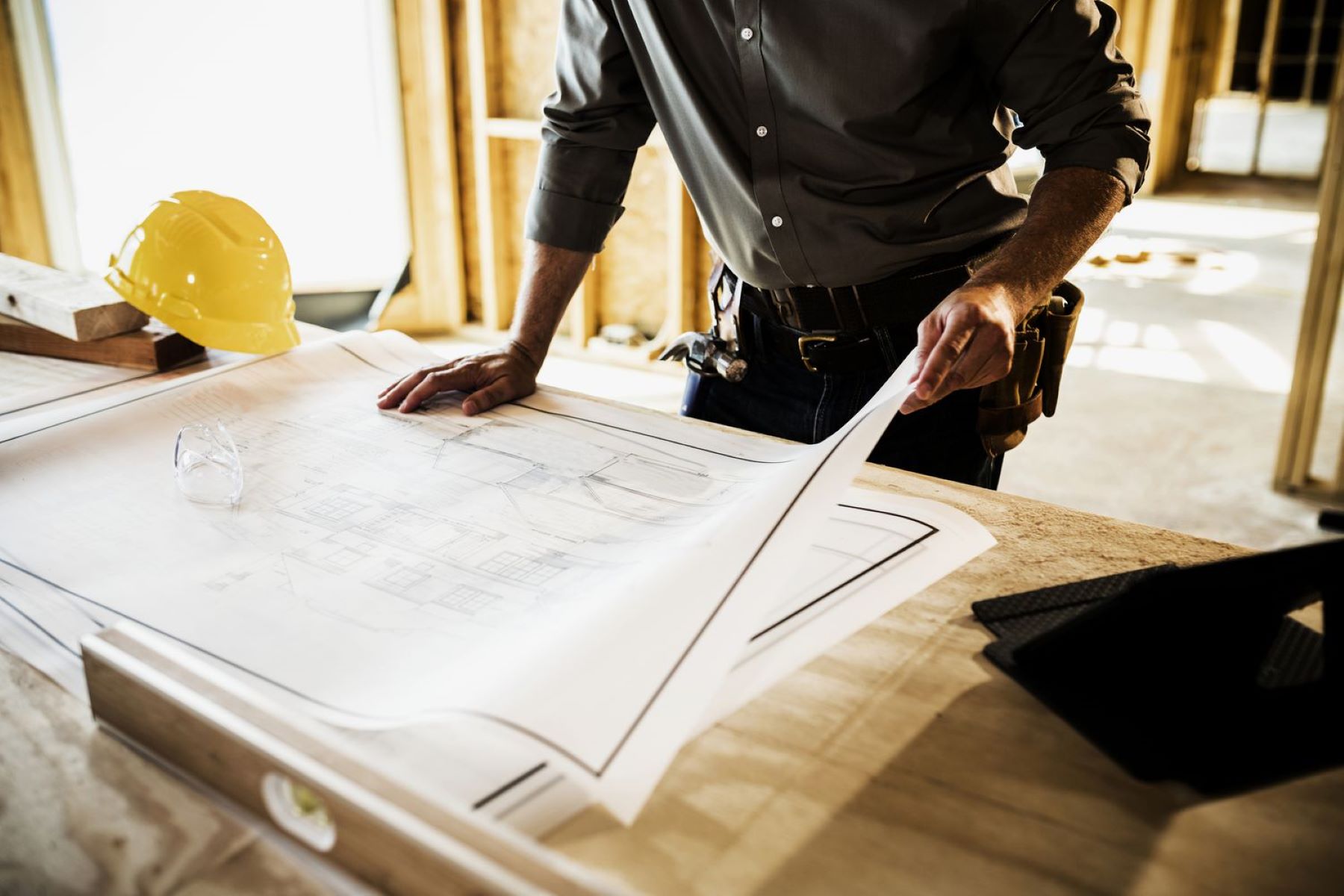
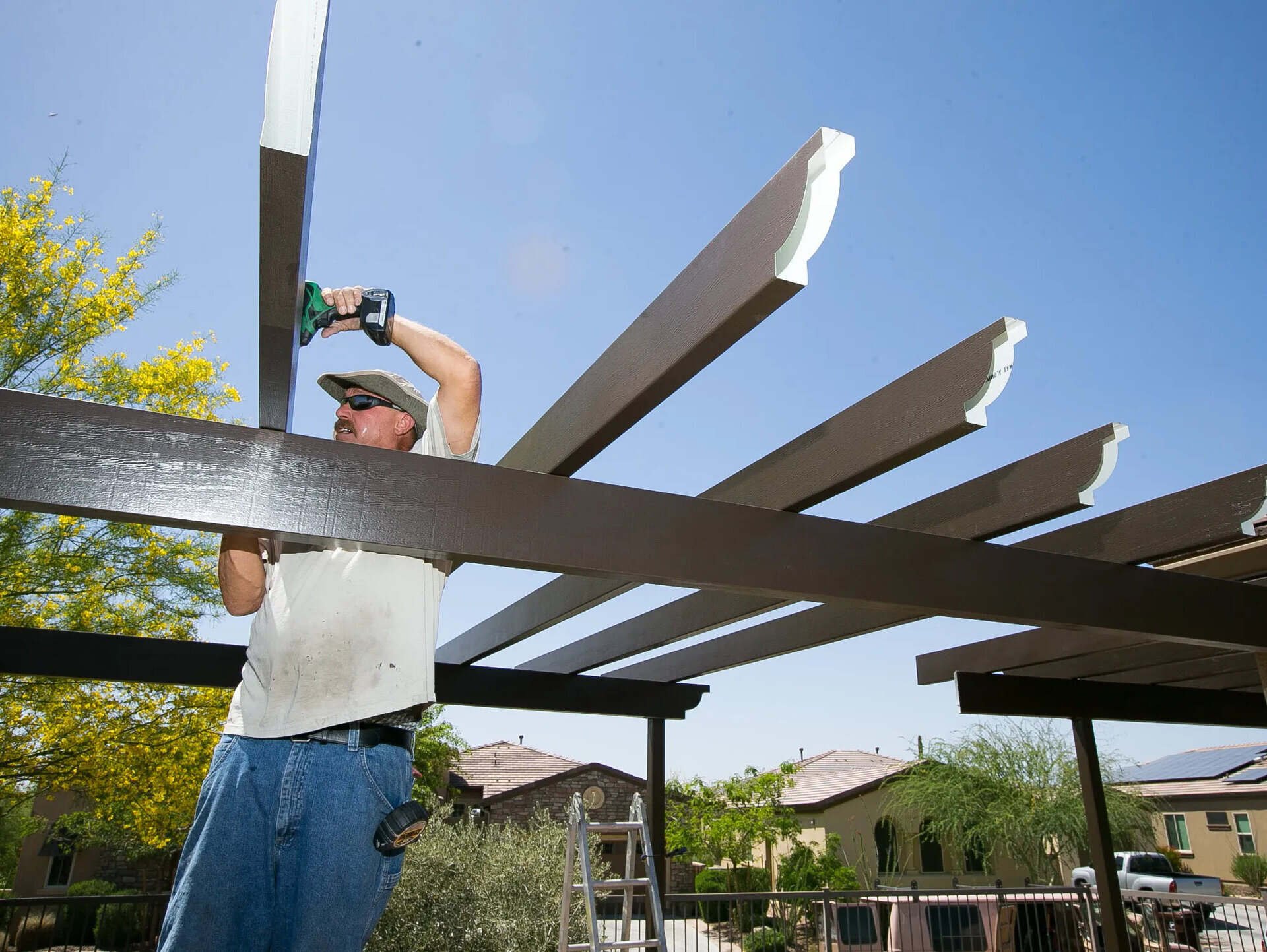
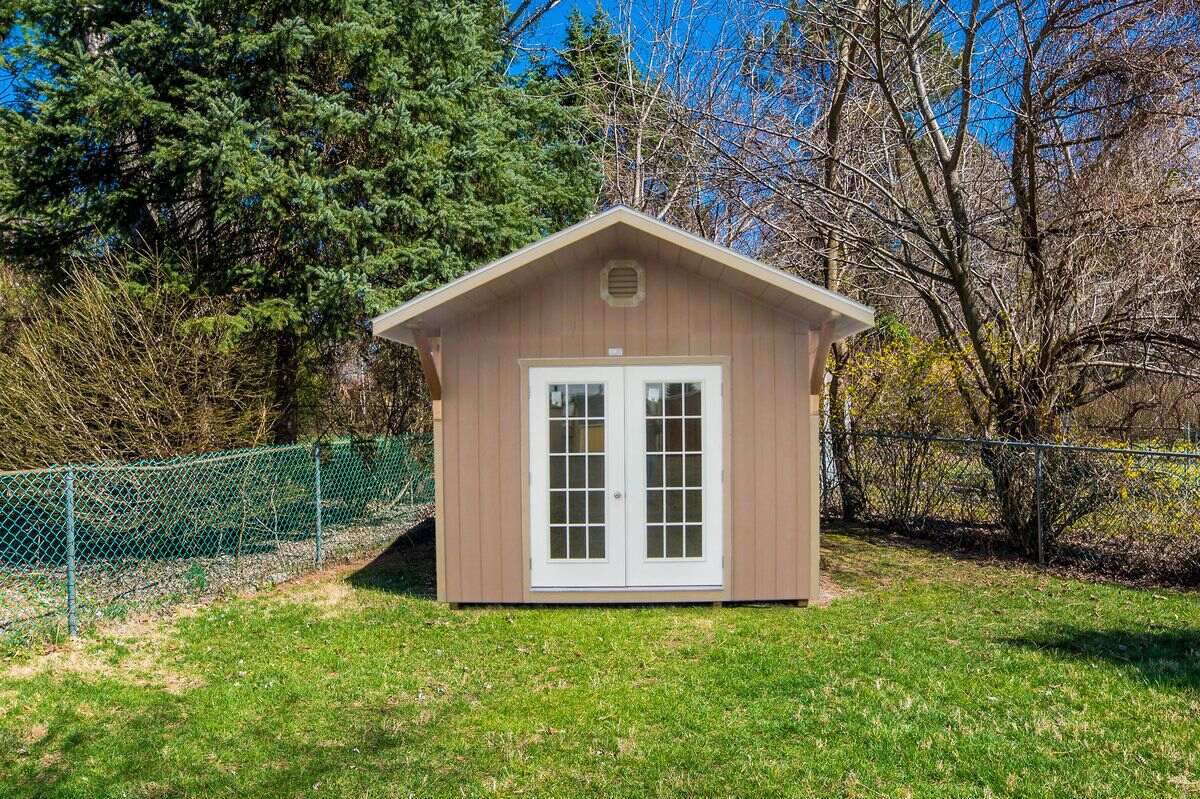

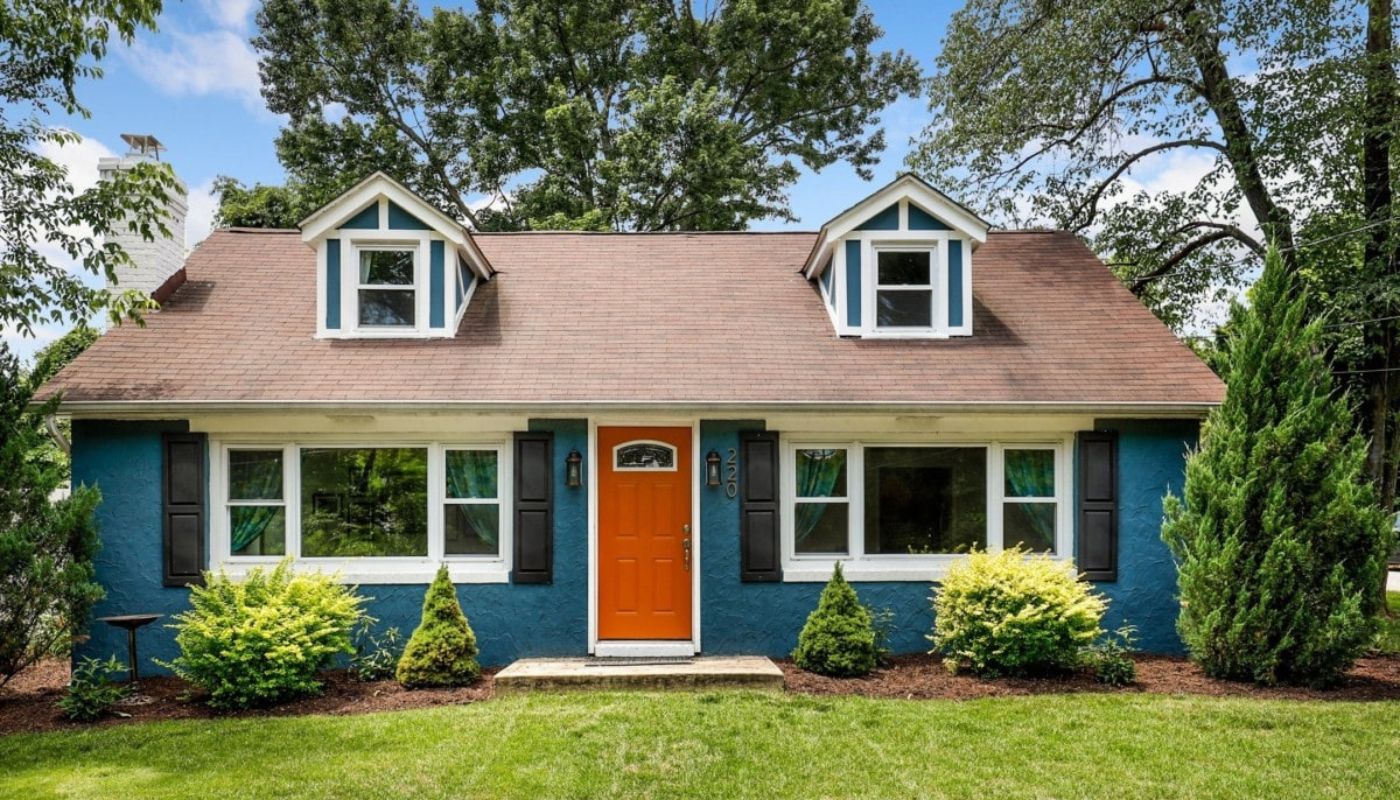

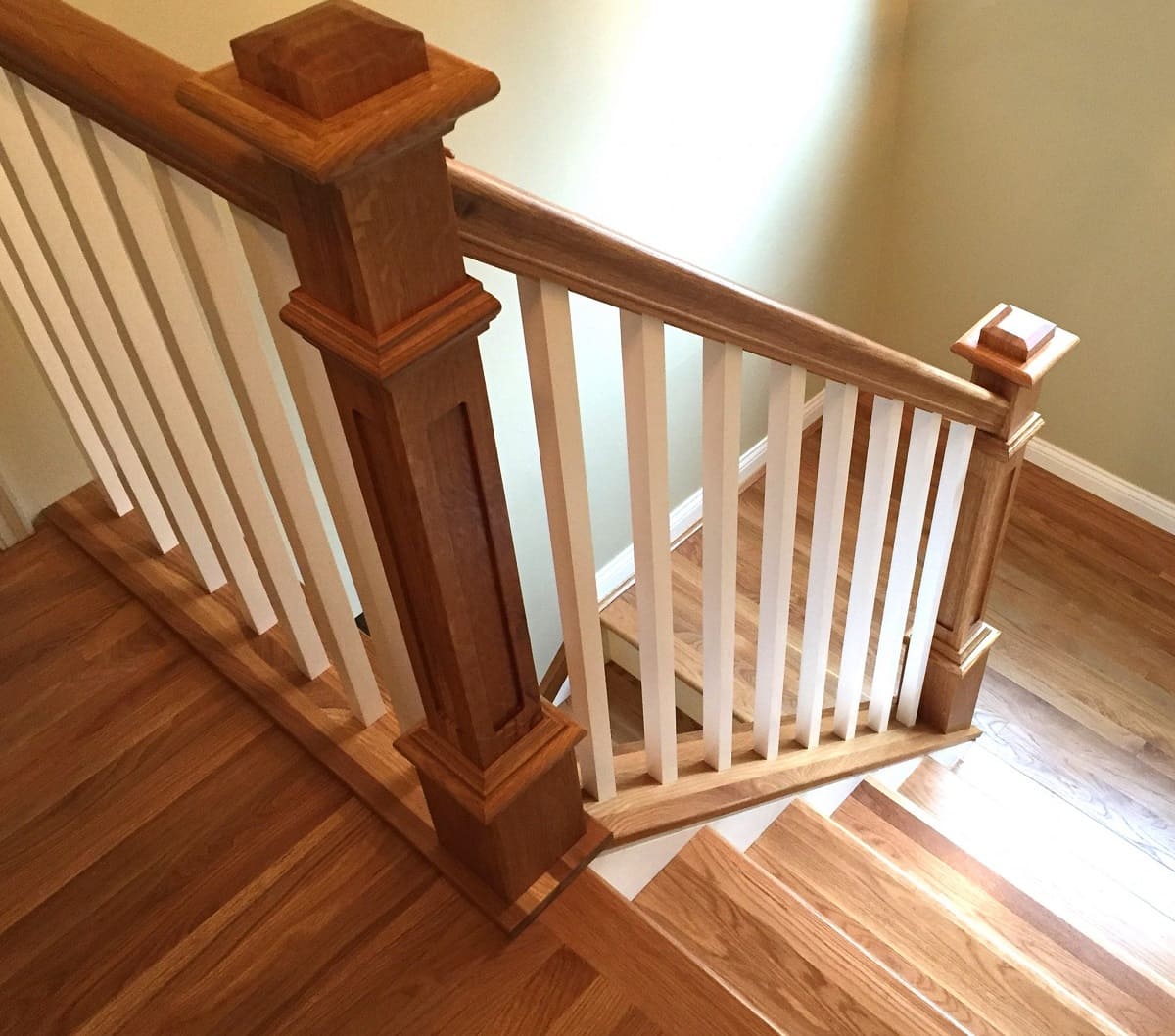
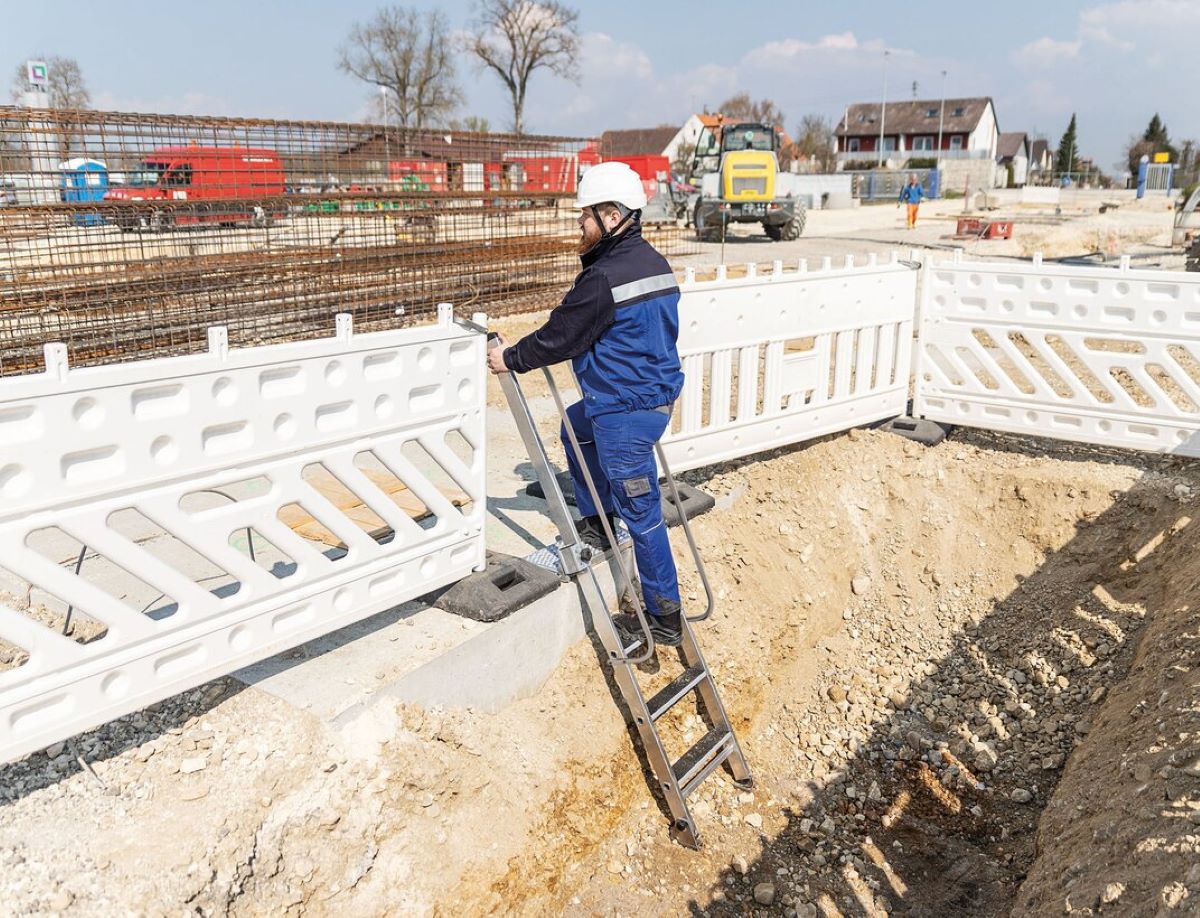

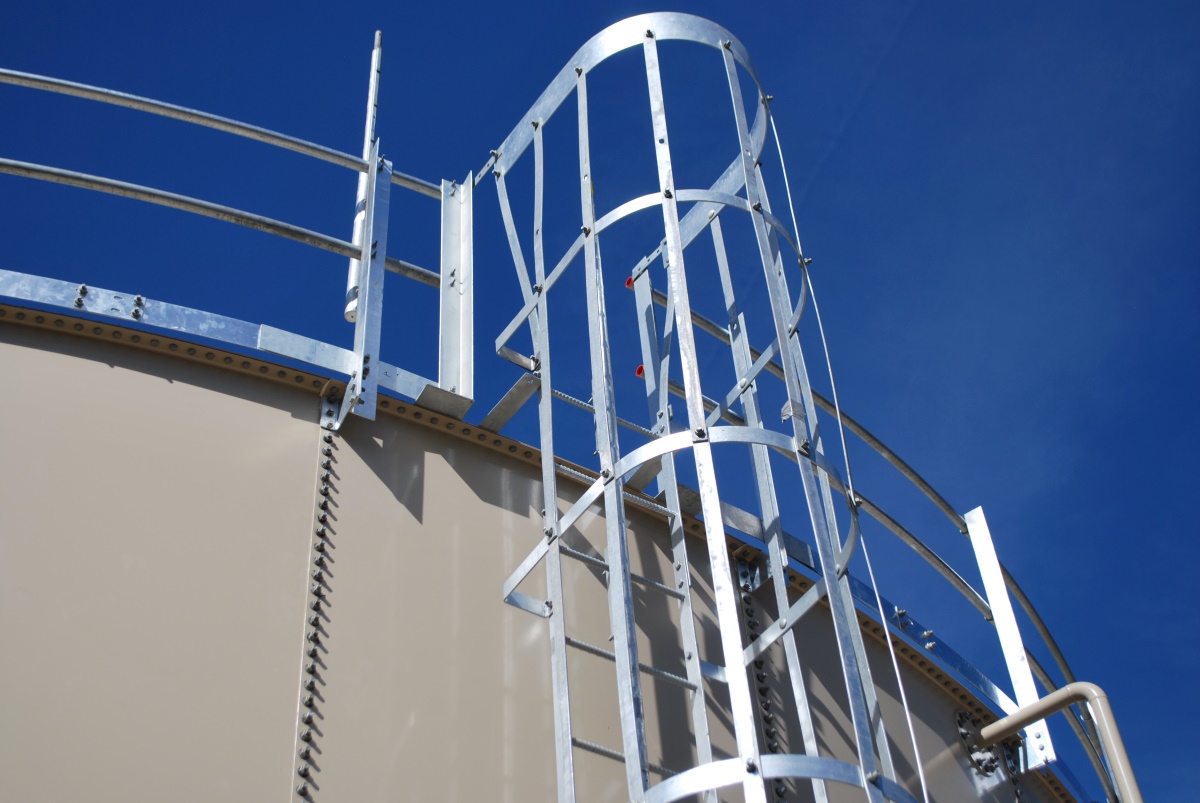
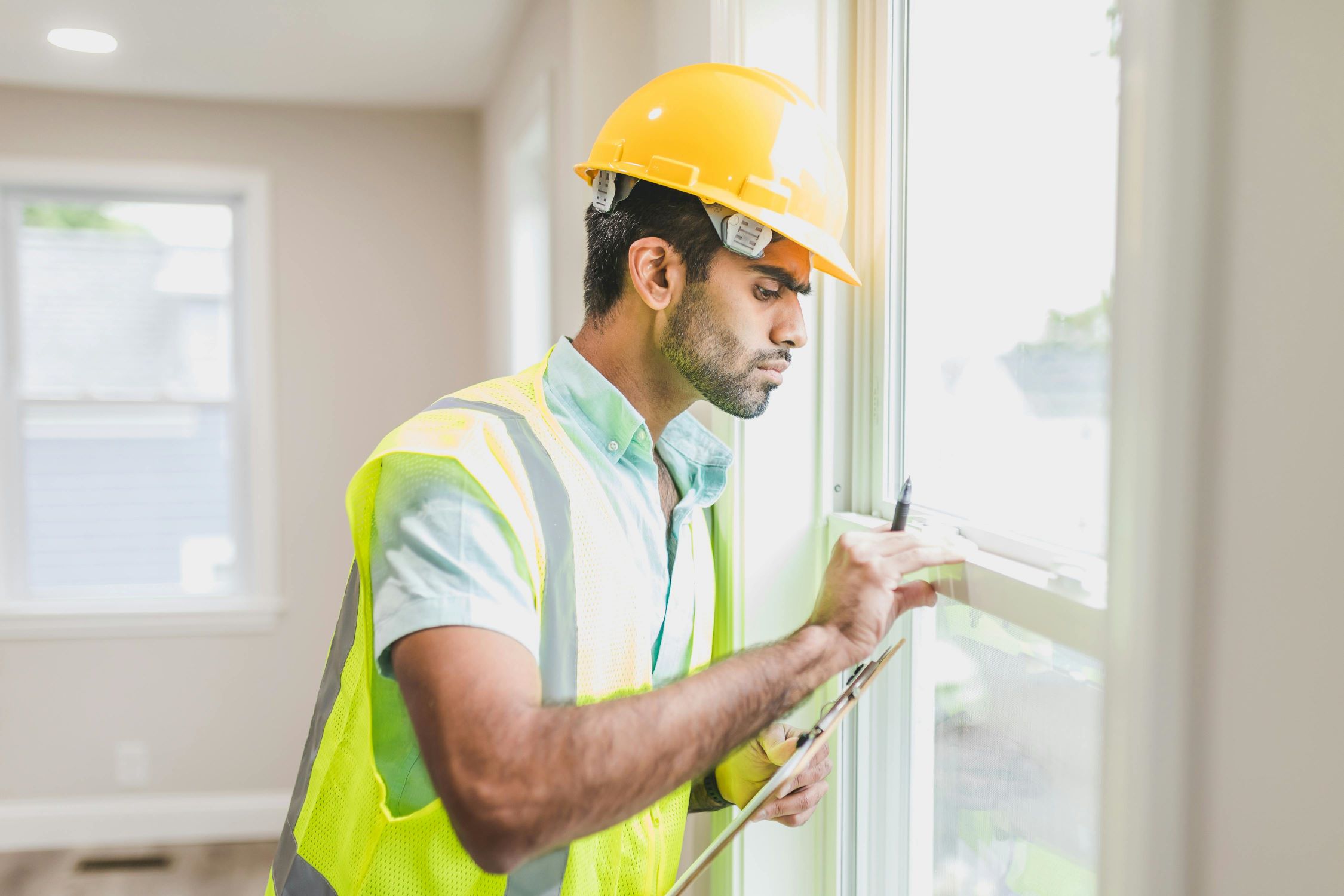

0 thoughts on “When Is A Permit Required For Home Renovations”